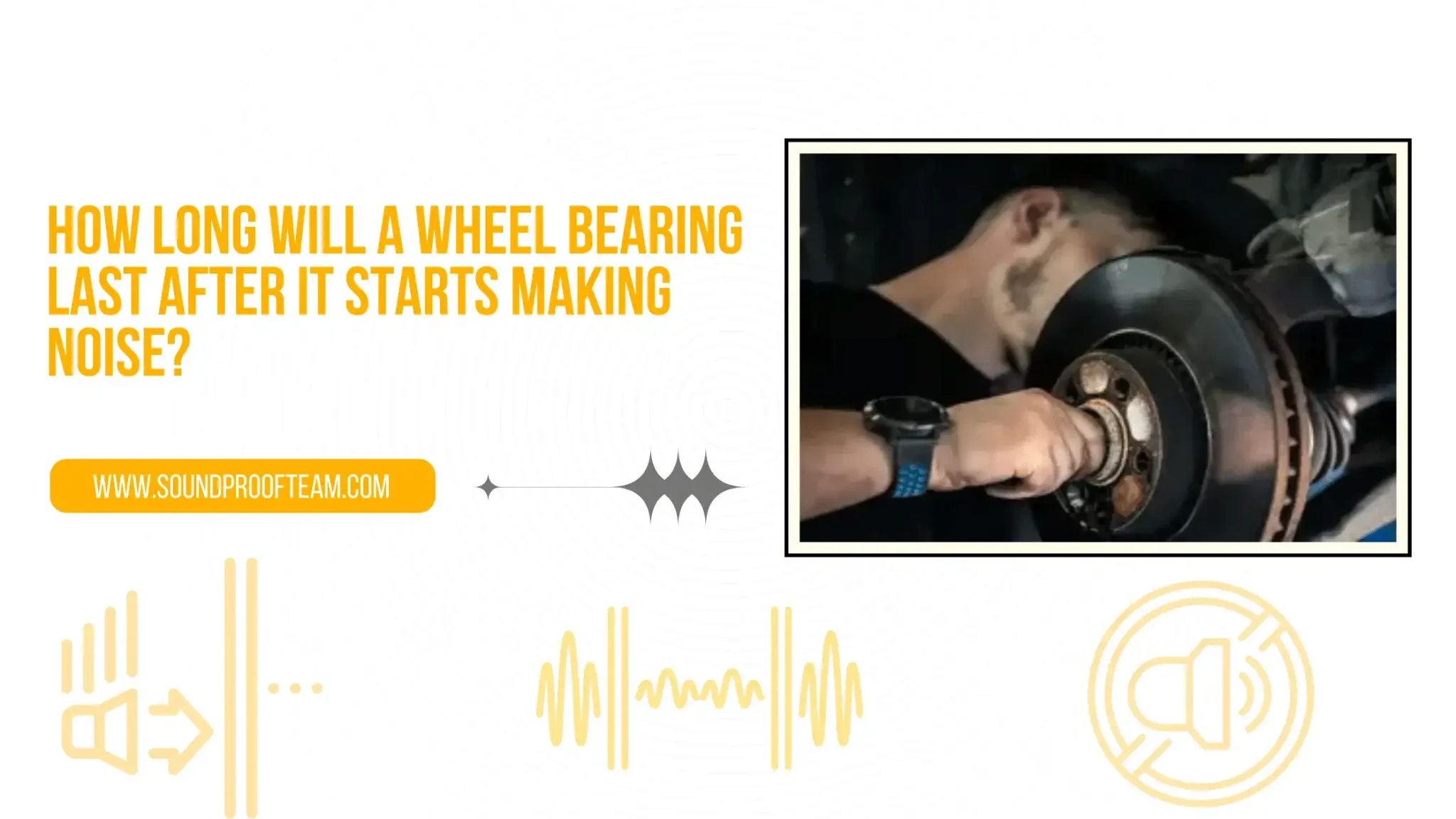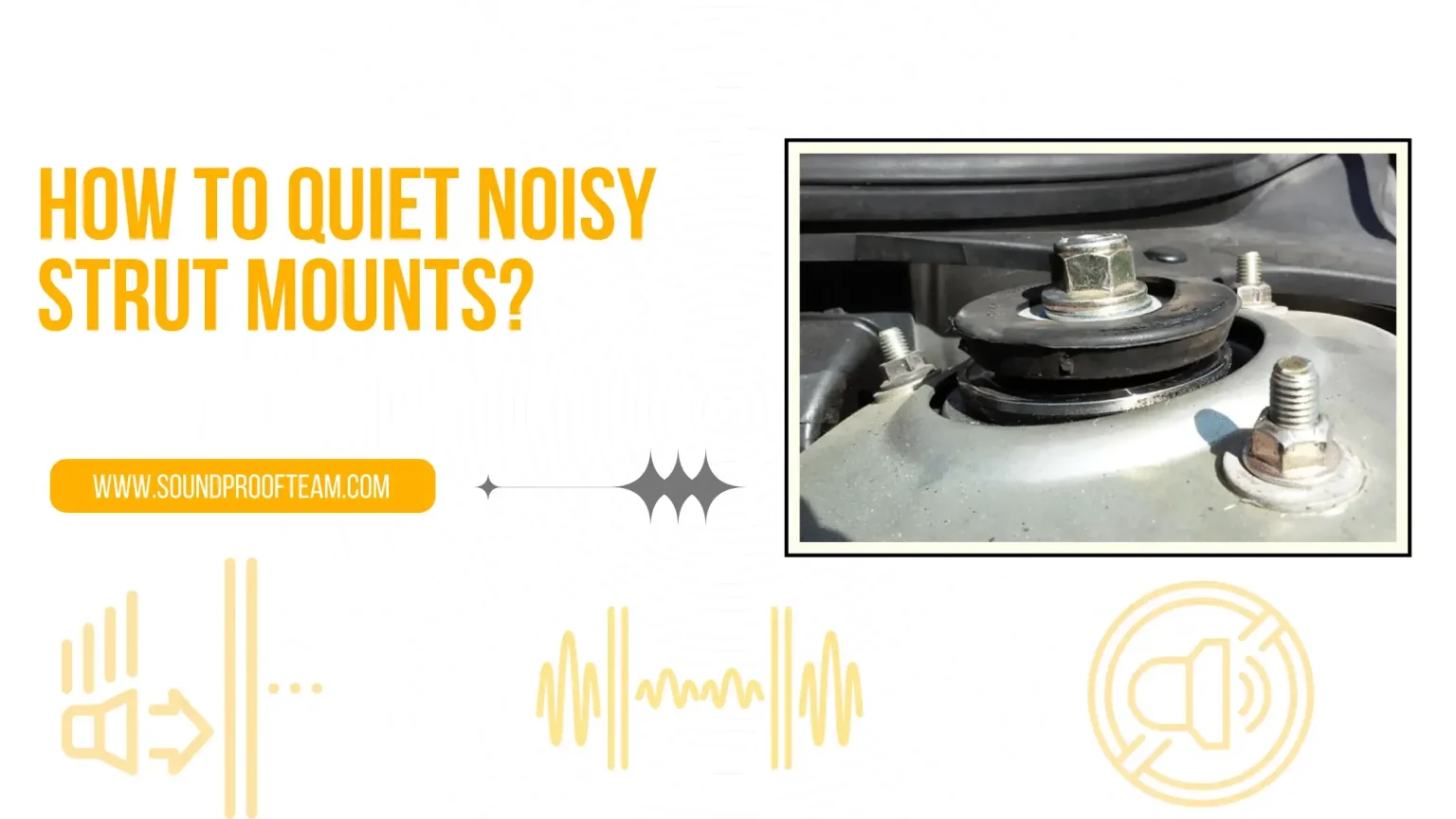If you’re dealing with an irritating wheel-bearing noise that doesn’t seem to go away, you’re probably wondering how long this problem will last and if it’s something serious. While a noisy wheel bearing isn’t ideal, understanding how it got there in the first place can certainly help when deciding what steps to take next and we have the answers!
A wheel bearing is intended to endure the lifetime of the vehicle. If it begins to make noise, it may only last a few thousand kilometers. Now, we will address common questions about wheel bearings and even share some preventative tips for keeping your vehicle running smoothly.
Average Life Time Of A Wheel Bearing:
A wheel bearing’s average lifetime: Wheel bearings are an integral component of your vehicle’s suspension. They aid in the support of the vehicle’s weight and the alignment of the wheels. They can wear out or become damaged over time, leading them to emit noise.
A wheel bearing has an average lifespan of roughly 150,000 miles. However, if it begins to make noise, it may only be able to travel a few thousand miles. If you hear a grinding or humming noise from your wheels, you should have the bearings checked as soon as possible. They may need to be replaced, depending on the severity of the damage.
What Are The Different Factors Affecting The Life Of A Wheel Bearing?
Your vehicle’s wheel bearings are essential components that help keep your wheels rotating smoothly and quietly. Taking the time to routinely maintain them is an important part of keeping your car in good condition. Here are several factors that influence the life of a wheel bearing:
Loads:
The load exerted on wheel bearings is the primary factor that affects their lifespan. The axial and radial load can vary depending on a variety of factors, including the vehicle’s weight, tire size, and speed.
Environment:
Wheel bearings are also affected by the environment in which they are used. Hot and humid conditions can cause corrosion, while cold and wet environments can increase wear rates. Too much heat can cause the internal components of the wheel bearing to expand, leading to premature wear and tear.
Operating Speed:
The speed at which a wheel bearing is operating also plays a role in its lifespan. A bearing that is spinning faster will naturally wear down more quickly than one that is spinning slower.
Poor Installation:
If the bearings are not properly placed, they can fail early. Make sure your replacement bearings are installed by a trained mechanic.
By taking the time to understand and address the factors affecting wheel bearings, you can ensure that your vehicle stays running smoothly and safely. Proper maintenance is key to keeping your vehicle in good condition and making sure that the wheel bearings remain in top shape.
What Happens If You Drive Too Long on A Bad Wheel Bearing?
Driving with a faulty wheel bearing puts you in danger. There will be a sense of looseness in your automobile. As a result, even if you turn the steering wheel, the car may be hesitant to shift direction. You will also detect an unusual pulling power in one direction. If you drive at high speeds and your wheel bearing entirely fails, an accident will occur, putting the passengers’ lives in grave danger.
A faulty wheel bearing will impact the brake rotor, causing you to have difficulty braking. If you drive with inadequate braking performance, the car will not stop in the correct places, resulting in an accident for the drivers, passengers, and pedestrians. Sometimes you’ll come to a complete halt in the middle of nowhere, which might be dangerous if it happens on a highway.
How Can You Make Your Wheel Bearings Last Longer?
It’s important to realize that wheel bearings require regular maintenance and upkeep if they are going to last. Catching any potential issues early can help you avoid costly repairs in the future, so don’t neglect your wheel bearings. To ensure a longer lifespan for your wheel bearings, there are several steps you should follow:
Maintenance Regularly:
Proper maintenance can go a long way toward extending the life of a wheel bearing. Regularly checking for signs of wear, such as noise, vibration, or grease leaks is a must. If these signs are noticed, you should take your vehicle to a mechanic for professional maintenance and repair if needed.
Avoid Driving Too Quickly:
Different driving conditions require different wheel bearing types, so it’s important to check with the manufacturer to make sure you have the correct type. Additionally, avoid driving too quickly as this can put unnecessary strain on your wheel bearings and cause them to wear out more quickly. Taking these steps will help ensure that your wheel bearings last longer and keep your vehicle running smoothly.
Avoid Excessive Acceleration And Braking:
The most important steps in wheel bearing care are avoiding excessive acceleration and braking, maintaining proper tire pressure, monitoring your vehicle’s alignment, and replacing bearings regularly when necessary.
Drive Carefully In Dusty Or Sandy Conditions:
Dust and sand can cause abrasive damage to wheel bearings, so it’s best to avoid driving in dusty or sandy conditions if possible. If you must drive in these types of conditions, make sure you clean your car’s wheel bearings regularly to prevent any damage.
By following these tips and taking the necessary precautions, you can help ensure that your wheel bearings last as long as possible.
Conclusion:
Wheel bearings are a critical component of your vehicle’s performance and longevity. Understanding the various factors that affect their lifespan is key to ensuring your car stays in good condition for as long as possible.
Taking the time to properly maintain them with regular inspections and cleanings can help you avoid costly repairs and make sure your wheels keep spinning for many miles to come.







